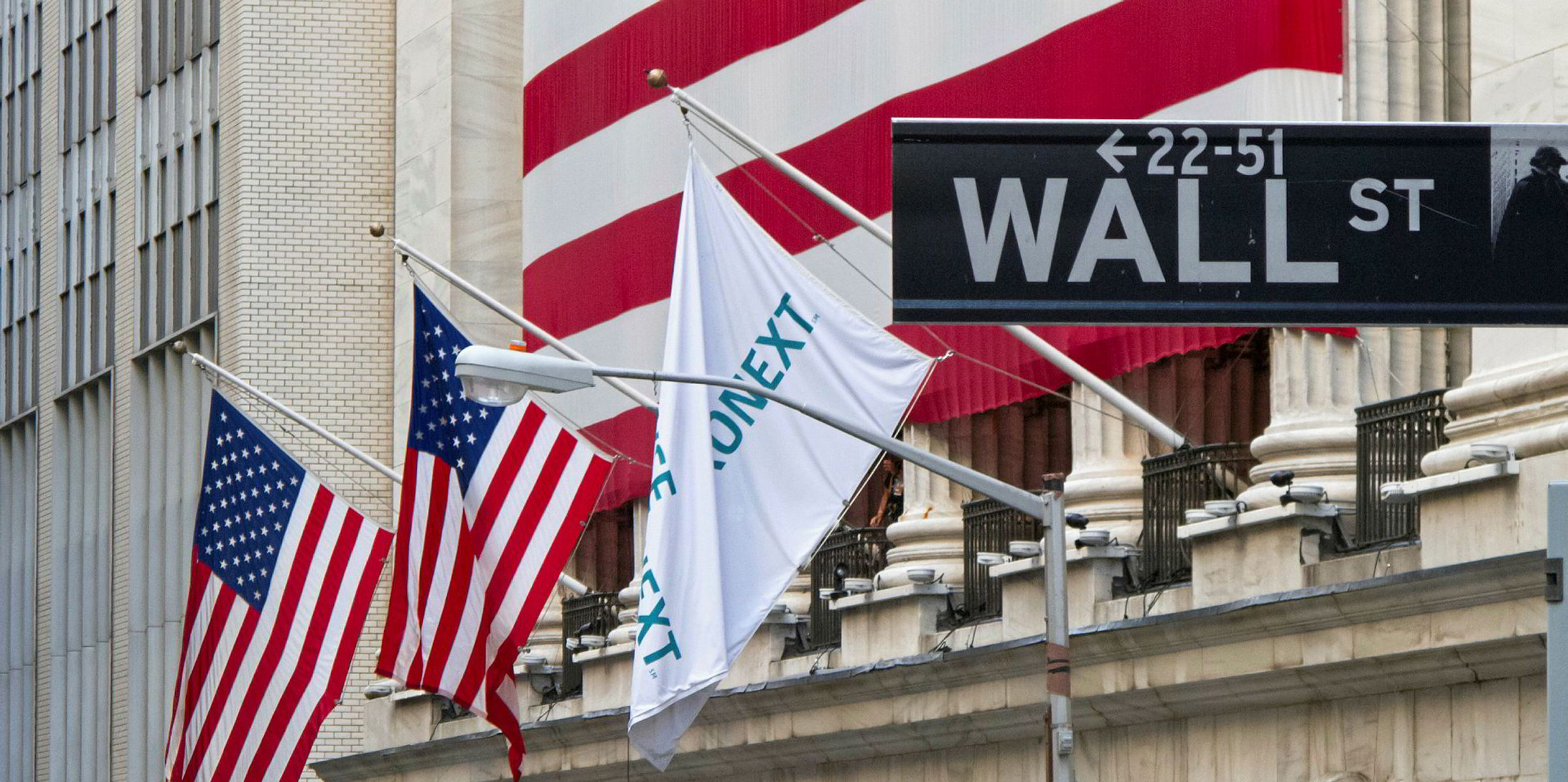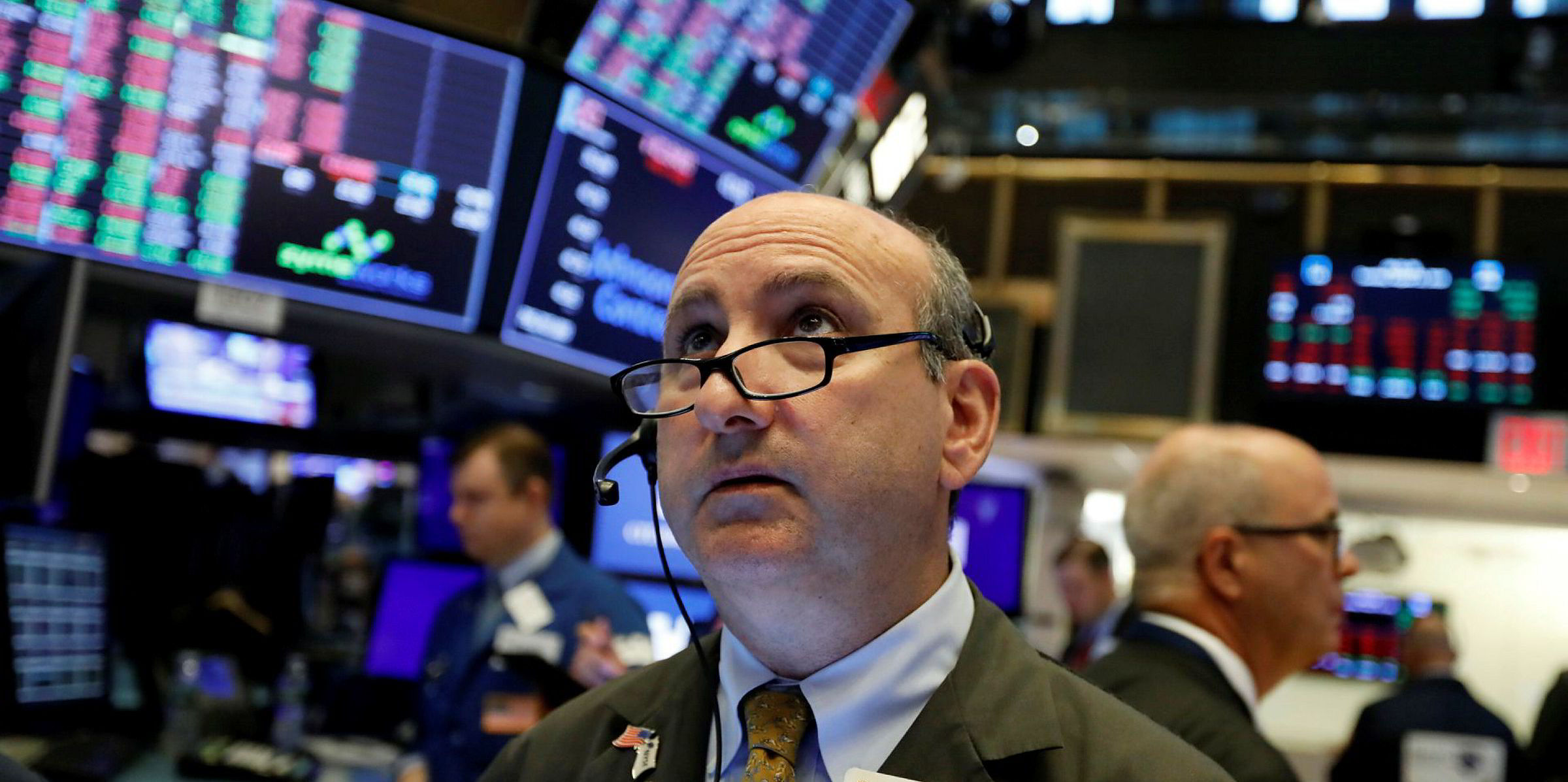Clarksons is not predicting a recession, but it did raise a warning flag Tuesday.
The shipbroking giant said in a report that, if world GDP growth slowed to 2%, capesize bulker rates could fall as low as $12,000 per day and panamax boxships to $8,000, while crippling the anticipated tanker rally brought on by IMO 2020 emissions regulations.
"We still believe in our base case, although we think investors are presently unlikely to subscribe fully to the thesis," read the report, written by analysts Frode Morkedal, Erik Hovi and Henriette Vevstad at Clarksons Platou Securities in Oslo.
"Potential rates are only slightly below most owners’ cash breakeven rates and hence no major financial difficulties are expected. That said, we have seen in prior episodes that downturns could turn out to be worse than expected."
The US-China trade war, plus news that Germany, the UK and others could be headed for a downturn and the inversion of the yield curve between 10-year and 2-year US Treasury bonds — typically a harbinger of economic slowdown — have fueled concerns a recession could be on the way.
In shipping, stocks have taken a hit in recent months thanks to the trade war, though multiple Baltic Exchange indices have shot up in recent weeks and a small orderbook is expected to hold down supply.
But should a recession occur, as many economists believe may happen, demand for boxships could drop from Clarksons' projected 6.7% to 1%, bulkers from 4.3% to 0.9% and tankers from 7.7% to 5.1%, with utilisation rates falling considerably for each.
Tankers and boxships would have some of the slowdown mitigated by the impact of IMO2020 and slow steaming, though rates would still fall.
Bulker owners, Clarksons said, would not be as lucky in such a scenario, as trading distances would grow at a lower rate due to less iron ore demand.
Clarksons still believes in its "base case" which would see rates for VLCCs hit $60,000 a day, panamax containerships hit $14,600 per day and capesize bulkers hit $18,300, amidst growth in global trade, demand and utilization.
The shipbroker said in a recession situation, investors should look at the industry's larger names.
"In uncertain times, we would therefore highlight investments in larger market caps with stronger balance sheets," the report said.






